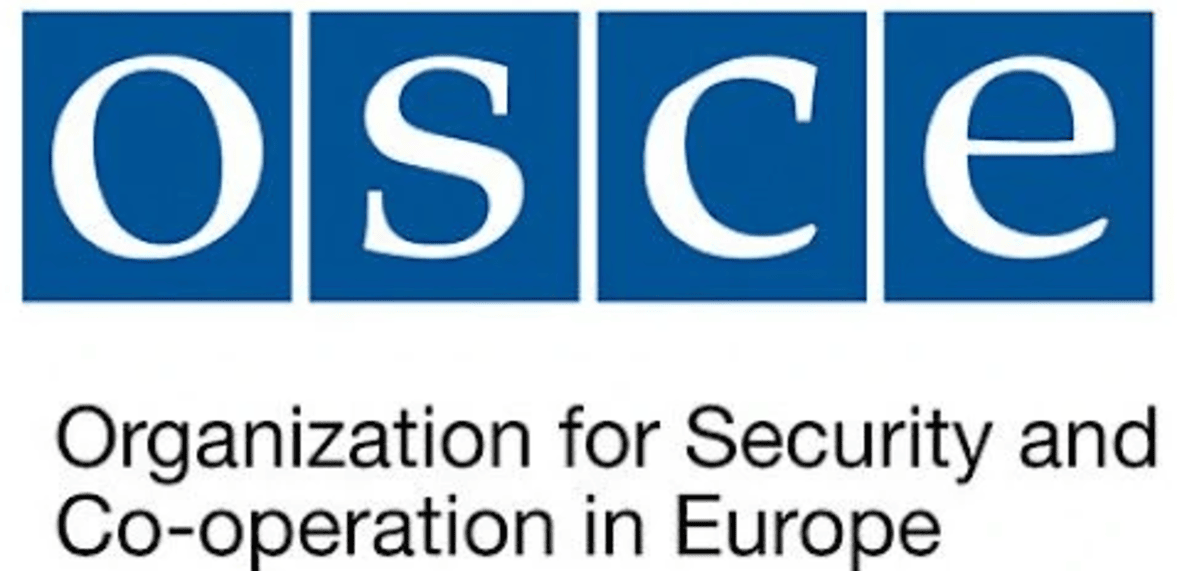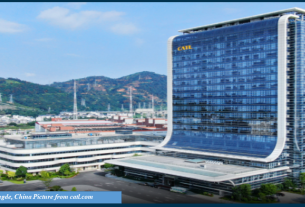Vienna, 22 November 2024 – The OSCE Conference on Media Freedom, organized under the Maltese Chairpersonship in collaboration with the Office of the OSCE Representative on Freedom of the Media (RFoM) and the 3CL Foundation, brought together experts, policymakers, and youth representatives to discuss the challenges and solutions to safeguarding free and independent media in an increasingly complex digital environment. The event, held on 22 November 2024, focused on ensuring that media remains a cornerstone of vibrant democracies and resilient societies.
Honoring the Legacy of Daphne Caruana Galizia: A Commitment to Journalist Safety
The tragic assassination of investigative journalist Daphne Caruana Galizia in 2017 marked a pivotal moment for media freedom in Europe and beyond. Her untimely death shed light on the growing risks faced by journalists, particularly those exposing corruption and criminal activities. For Malta, this loss was not only a reminder of the perils of independent journalism but also a call to action. The Maltese Chairpersonship, under the leadership of Christopher Cutajar, Permanent Secretary of Malta’s Ministry of Foreign Affairs, has made the safety of journalists a central priority during its tenure.
Cutajar emphasized that “active, open, and honest collaboration with international stakeholders is essential for fostering meaningful change.” In his remarks, he acknowledged the importance of aligning reforms with international standards to ensure that media freedom is better protected.
Ambassador Natasha Meli Daudey, Malta’s Permanent Representative to the OSCE and Chair of the Permanent Council, opened the conference by underscoring the growing threats to free journalism globally. “The space for free and independent journalism and access to public interest information is shrinking, exacerbated by armed conflict and the ongoing crisis in Ukraine,” she said.
Protecting Journalists and Fostering an Informed Public
The conference focused on multiple aspects of media freedom, beginning with a discussion on the risks faced by journalists both online and offline. Acknowledging the threats of online harassment, physical attacks, and impunity for crimes against media professionals, experts called for stronger safety measures for journalists, especially those in conflict zones and women reporters, who often face heightened vulnerabilities.
The second session of the conference addressed the need for a healthier online information environment. This included counteracting disinformation, fostering media literacy, and ensuring the free flow of information to empower citizens and promote informed decision-making. As misinformation continues to spread on digital platforms, the need for robust regulation of online platforms that balance freedom of expression and public safety became a central theme.
The third session of the conference brought together young participants, students, and practitioners to explore the future of media in the digital age. Reflecting the Maltese Chairpersonship’s commitment to engaging youth, the session provided insights into innovative strategies for building resilience in the face of evolving digital technologies, including the rise of artificial intelligence and generative AI. The session underscored the importance of preparing future generations for the challenges of navigating an increasingly complex information space.
Key Takeaways: Strengthening Media Freedom in a Digital World
The discussions highlighted several pressing priorities, including:
- Journalist Safety: The need to protect journalists from physical and digital threats, with a focus on women journalists and those reporting from conflict zones.
- Fostering a Healthy Digital Ecosystem: Efforts to counter disinformation, enhance access to accurate public interest information, and improve media literacy were central to the conversation.
- Engaging Youth in Media: With young people at the forefront of media consumption, it is crucial to empower them with the tools to critically assess digital content and navigate the evolving landscape.
The conference, building on the outcomes of the 2018 OSCE Ministerial Council Decision on journalist safety and previous meetings like the Warsaw Human Dimension Conference, served as a call to action for OSCE member states. It emphasized the need to protect journalists, ensure a free and independent media, and foster a healthier online information space. These are core priorities for the Maltese Chairpersonship, which aims to strengthen the role of media in democracy.
The Way Forward: A Global Commitment to Media Freedom
As the digital landscape evolves, the role of media in supporting democracy becomes even more critical. The conference called for a continued commitment to creating a safe and empowering environment for journalists to report without fear and for citizens to access trustworthy information.
By addressing these challenges through international collaboration and innovative solutions, the OSCE hopes to strengthen media freedom and build more resilient democracies that can thrive in the digital era.
For more details on the conference program and insights from the sessions, please visit the OSCE website.



